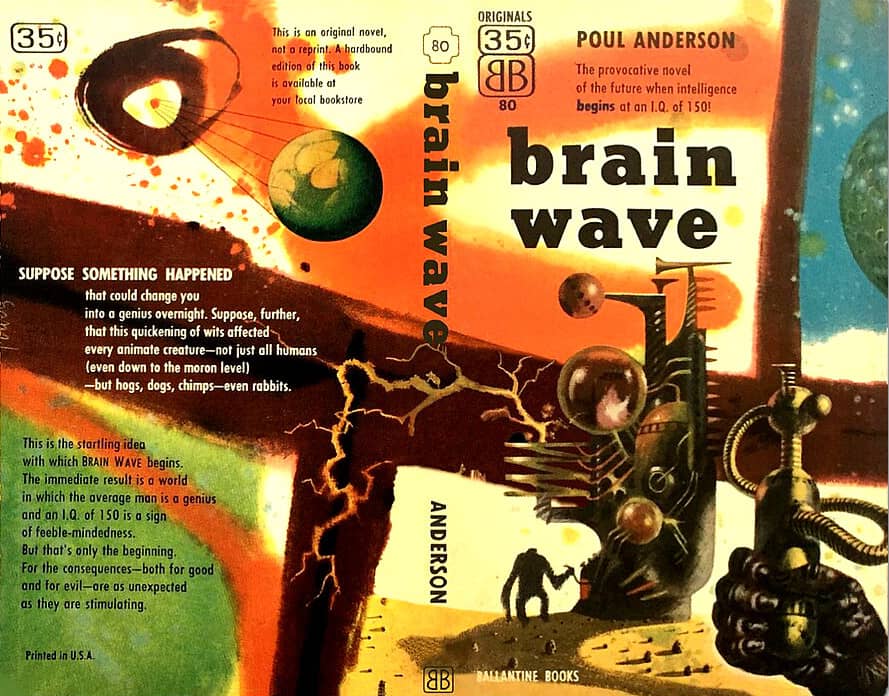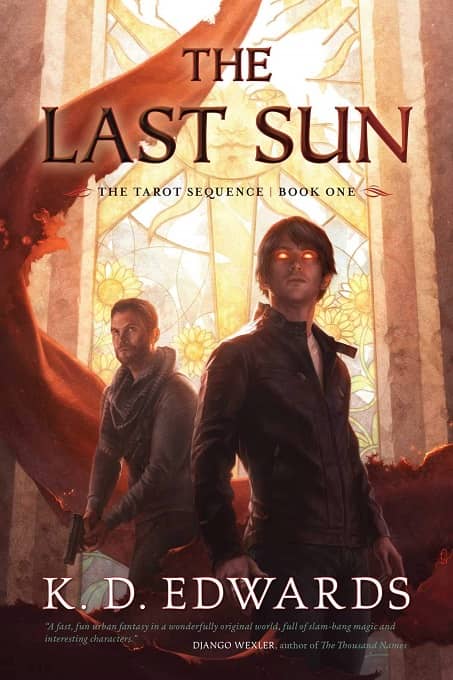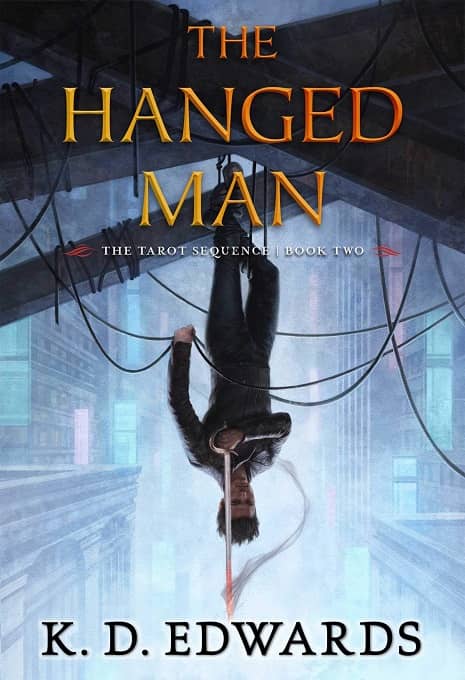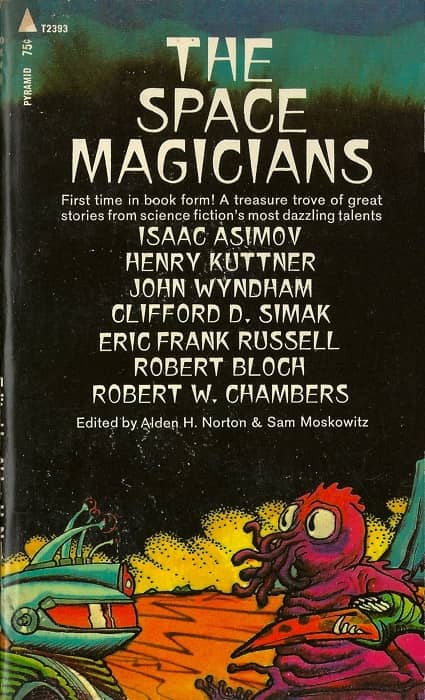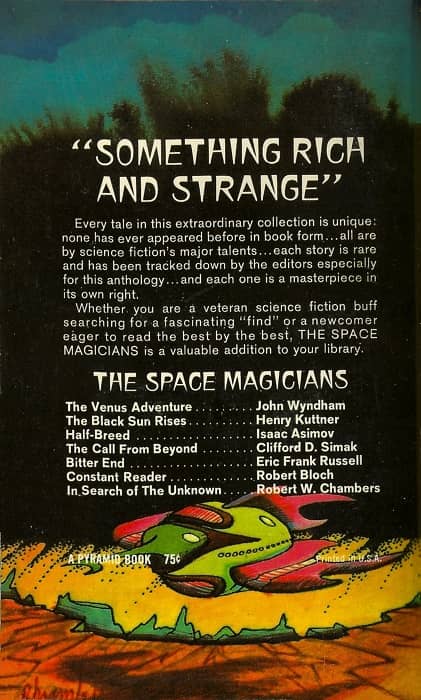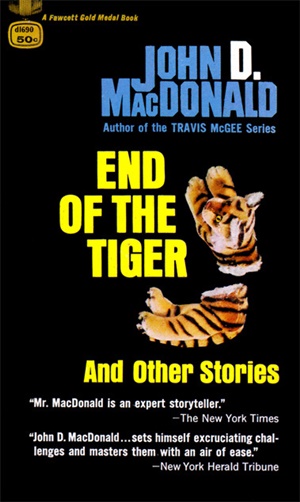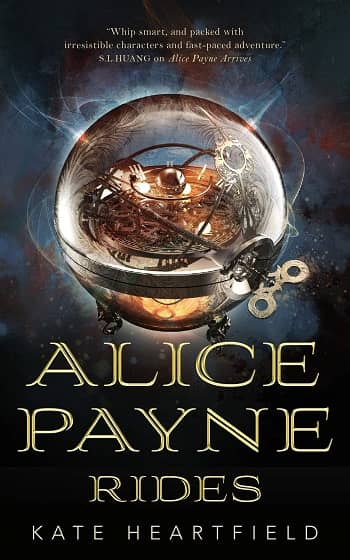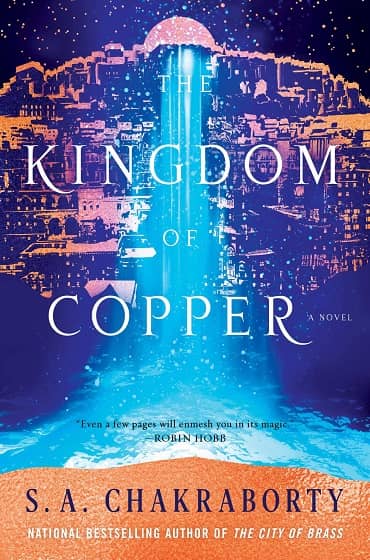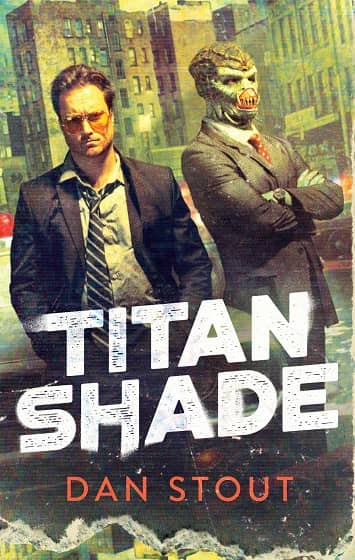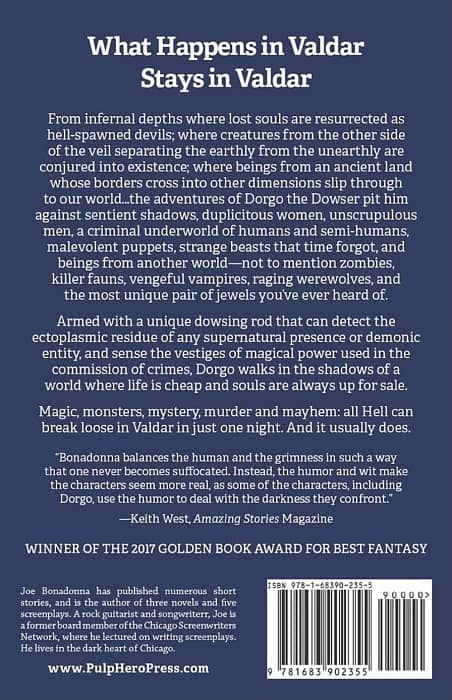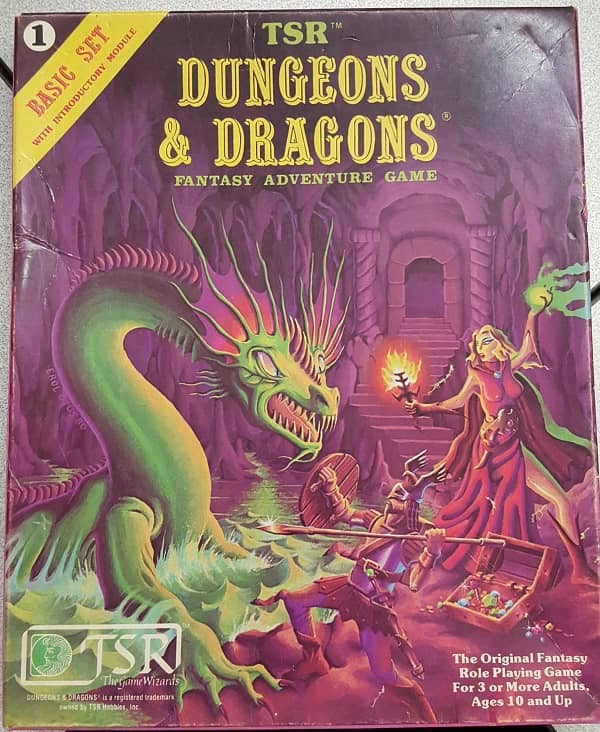There Will Never Be an End to Wonder: James Davis Nicoll on Poul Anderson
Brain Wave by Poul Anderson (Ballantine Books, 1954). Cover by Richard Powers.
Poul Anderson was one of my favorite science fiction writers when I first discovered the genre. That interest didn’t survive into adulthood. While I still read Vance, Zelazny, Delany, I probably haven’t picked up a Poul Anderson novel in 30 years. It’s mostly neglect, rather than any conscious choice. It’s simply been too long since a Poul Anderson book survived the cut in my to-be-read pile.
I finally read James Davis Nicoll’s Tor.com article Celebrating Five Favourite Works by Poul Anderson, published on the 93rd anniversary of his birth, November 25, and it was a fine reminder of why Anderson’s work used to appeal to me… and why much of it maybe still does. Here’s Nicoll on the the 1953 novel Brain Wave.
The Earth emerges from an intelligence-suppressing field. Every creature that can think suddenly finds itself five times smarter. All humans of normal intelligence wake to find themselves geniuses. Animals discover that they can now think around the barriers used to control them. Human institutions crumble because humans are too bright to believe in them, while the agricultural systems on which we depend are themselves threatened by animals no longer willing to be stock or prey.
This could very easily have been an apocalyptic tale (superhuman humans shrug and carry on eating creatures that now fully understand what’s going on) — but that’s not the direction in which a comparatively young Anderson took his novel. Instead, the various viewpoint characters do their best to find new, better ways to live.
That’s a strongly appealing review, especially for a 66-year old book. But in many ways that matter, Anderson still speaks to modern readers. As Nicoll writes in his review of The Enemy Stars, “Anderson delivered on the promise. He took worldbuilding very seriously. He understood the sheer immensity of the universe… There will never be an end to wonder.”
